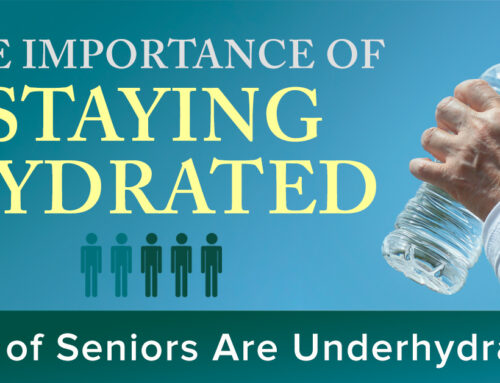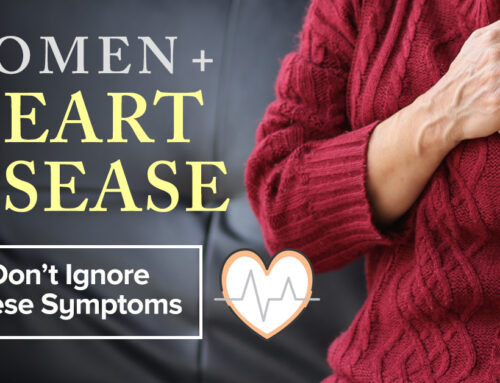Five Tips to Help Aging Loved Ones Maintain a Healthy Diet
Five Tips to Help Aging Loved Ones Maintain a Healthy Diet
A Balanced Diet is Important to Healthy Aging
What’s in your mom’s refrigerator – fresh fruits and vegetables or frozen dinners and string cheese?
“Maintaining a nutritious, balanced diet is important to healthy aging, but it can be a struggle for seniors – especially if they live alone,” said Sierra Goetz, co-founder and operations manager at the HomeCare Advocacy Network (HCAN). “If they no longer drive, it might be a challenge to regularly get to the grocery store or farmers market where they can buy fresh meat, fruits and vegetables. They could also lack the stamina to cook a full, nutritious meal. For many, though, it’s simply that cooking for one is not as fun or fulfilling as cooking for a spouse or other family members. It’s quicker, easier and less messy to just open a can or pop something in the microwave.”
Five Tips for Seniors
Here are five tips from the National Council on Aging to help you find the best foods for your senior loved ones.
Know what a healthy plate looks like.
You might remember the food pyramid, but the USDA now offers a simpler way to help people see what they should eat each day – MyPlate. The simple graphic shows exactly how the five food groups should stack up on your seniors’ plate. These are the building blocks for a healthy diet.
Look for important nutrients.
Make sure your senior loved ones eat a variety of foots to get all the nutrients they need. Their plates should look like a rainbow – bright, colored foods are always the best choice. A healthy meal should include:
- Lean protein (lean meats, seafood, eggs and beans)
- Fruits and vegetables (think orange, red, green and purple)
- Whole grains (brown rice and whole wheat pasta)
- Low-fat dairy
- Foods that are high in fiber and low in sodium or salt
Read the Nutrition Facts label.
The healthiest foods are whole foods. These are often found on the perimeter of the grocery store in the produce, meat and dairy sections. With packaged foods, read the labels to find items that are lower in fat, added sugars and sodium.
Use recommended servings.
To maintain an healthy weight, your aging loved ones need to eat the right amount of food for their age and body. The American Heart Association provides recommended daily servings for adults who are 60+.
Stay hydrated.
Water is an important nutrient, too! Encourage your senior loved ones to drink small amounts of fluids consistently throughout the day. Tea, coffee and water are the best choices. Keep fluids with sugar and salt at a minimum, unless a doctor advises otherwise.
Meal Prep and Companionship
“At HCAN, we know that it’s not always possible for families to make sure their aging loved ones are eating healthy, nutritious meals. That’s where we come in,” Goetz said. “As part of our customized care plans, our caregivers can help seniors shop for healthy foods and prepare balanced meals. They also add an ingredient not found on any plate – companionship. When meals are shared with others, they’re more enjoyable and often more nutritious.”
For more information about meal prep and other services that can help you loved ones age safely in their home, call your local HCAN office or visit hcanthrive.com.
For more information about MyPlate, including shopping and meal planning tools, visit MyPlate.gov.






